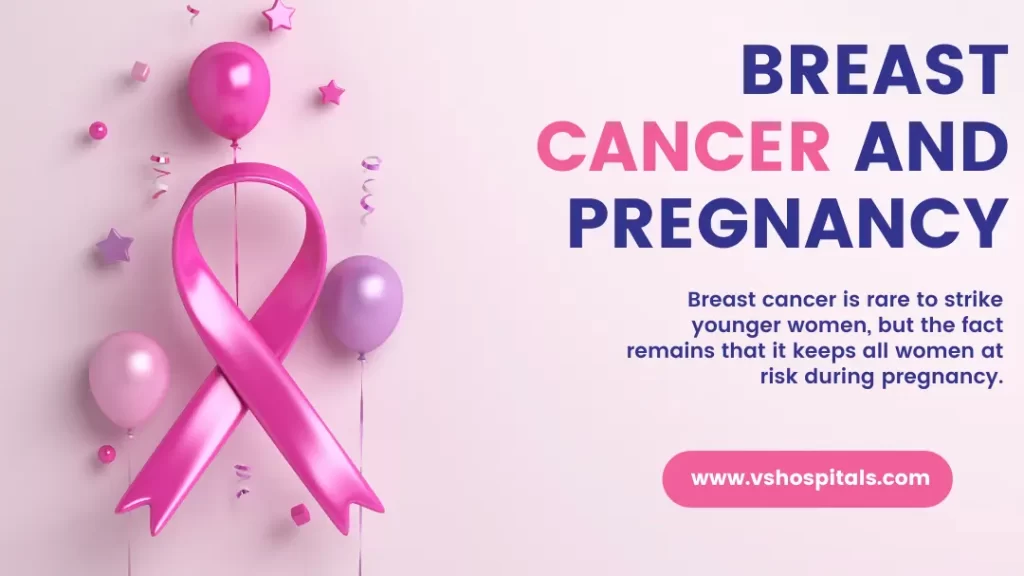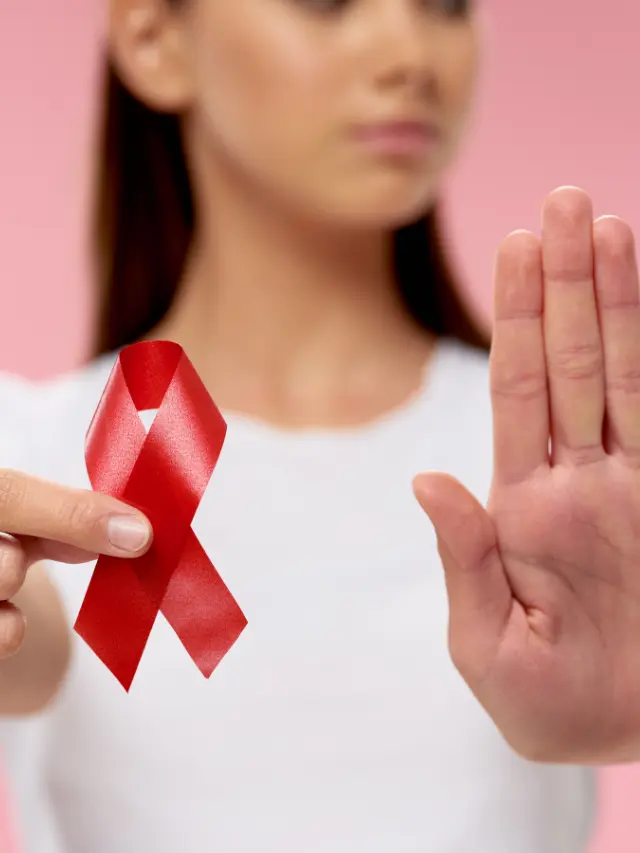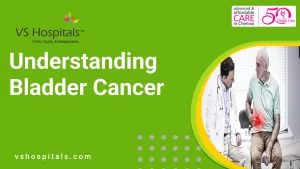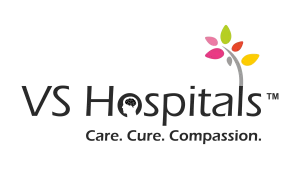Breast cancer is rare to strike younger women, but the fact remains that it keeps all women at risk especially during pregnancy. Finding out breast cancer and pregnancy while you are pregnant can be very upsetting where you are likely to feel a range of emotions like anger, stress, sadness or fear. Even though it is unexpected it can be complicated as well.
Research states that breast cancer and pregnancy is reported in 1 in every 3,000 pregnancies. Most women who are in their 40’s, 30’s and even 20’s are able to carry breast cancer along with their pregnancy.
During the treatment phase, it will not only affect the patient and her body but also the growing baby inside her womb as well. It depends on what stage of pregnancy she is in (first, second or third trimester), what stage of her cancer is in whether it is in the initial stage or advanced during breast cancer and pregnancy.

Breast Cancer During Pregnancy
Some women who are prone to breast cancer during pregnancy may need to think about whether to end the pregnancy. Your doctor will discuss your options and also recommend chemotherapy if you are less than 14 weeks pregnant. At the same time, the decision to end your pregnancy can be a very difficult decision but only you can make it by discussing your options with your family, cancer specialist, breast care nurse, and obstetrician.
Breast cancer and pregnancy itself will not affect the fetus, except for certain tests and treatments. There is also no good research which is evident to show that being pregnant makes cancer grow more rapidly.
Diagnosis of Breast Cancer
Generally, the young woman’s breasts change when they are pregnant, as they become ready for breastfeeding. The breast tissue becomes denser. Dense breast tissue will have less fat, more breast cells, and connective tissue.
This can be more difficult to find changes in the breasts. You have to see your GP if you feel any lumps to examine and find the concerns which can be helpful to refer you to a breast clinic.
The first test is an ultrasound scan. This uses sound waves which is completely safe for your baby. Later, you might also have an x-ray of your breast which is formerly called the mammogram. This protects your baby as it will shield them from the radiation if you need to get it done.
To find out if there is the development of breast cancer and pregnancy in you an ultrasound-guided biopsy is recommended. The doctor uses an ultrasound probe to detect the abnormal area and take a tissue sample (biopsy). Then the biopsy is sent to the laboratory to examine it under the microscope.
Generally speaking, radiation, chemotherapy, and other drug-related therapies are avoided because of their associated risks with birth defects. There are also certain other tests that doctors don’t usually recommend during pregnancy, such as the CT scans and bone scans because it can be a potential risk to the baby from the radiation.
Is it protected to have bosom disease treatment during pregnancy?
Assuming you are pregnant and have bosom disease, you could have hard decisions to make, so get master’s help and be certain you know every one of your choices. Pregnant ladies can securely seek therapy for bosom malignant growth, albeit the sorts of treatment utilized and the planning of treatment may be impacted by the pregnancy. Assuming you are pregnant and have been determined to have bosom malignant growth, your treatment suggestions will rely upon:
- The size of the cancer
- Where the cancer is found
- Assuming the malignant growth has spread and provided that this is true, how far along you are in the pregnancy
- Your general wellbeing
- Your own inclinations
Other treatments(Breast Cancer and Pregnancy)
There are lots of ways to control sickness or pain for women when they are pregnant.
Other types of tests such as an ultrasound, MRI, or x-ray are also used to check other parts of the body. Surgeries, either a lumpectomy or mastectomy is the most preferred and common method of treatment for breast cancer in pregnant women. Research shows that there are common anti-sickness medicines such as ondansetron which are safe to take during pregnancy.
Many doctors caution pregnant women to wait several years depending on the type of complication of breast cancer to ensure that they have to receive the best breast cancer treatment possible and to overcome the biggest threat of breast cancer recurrence. But in some cases, certain women decide to go ahead and have babies anyway, because they consider giving birth which can be important to them.
Read also All you need to know about Breast Cancer.





